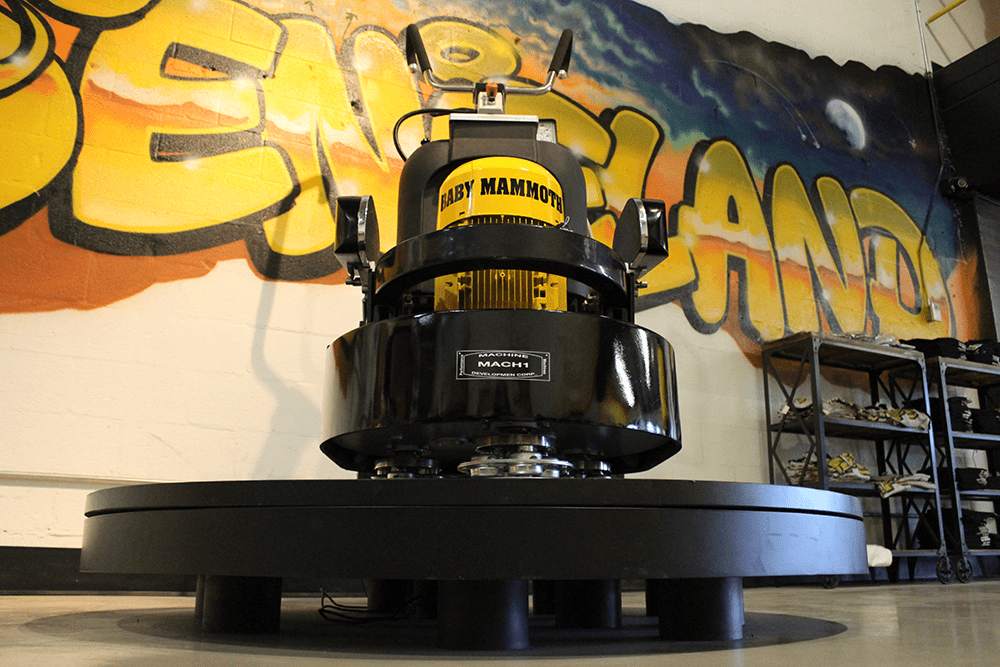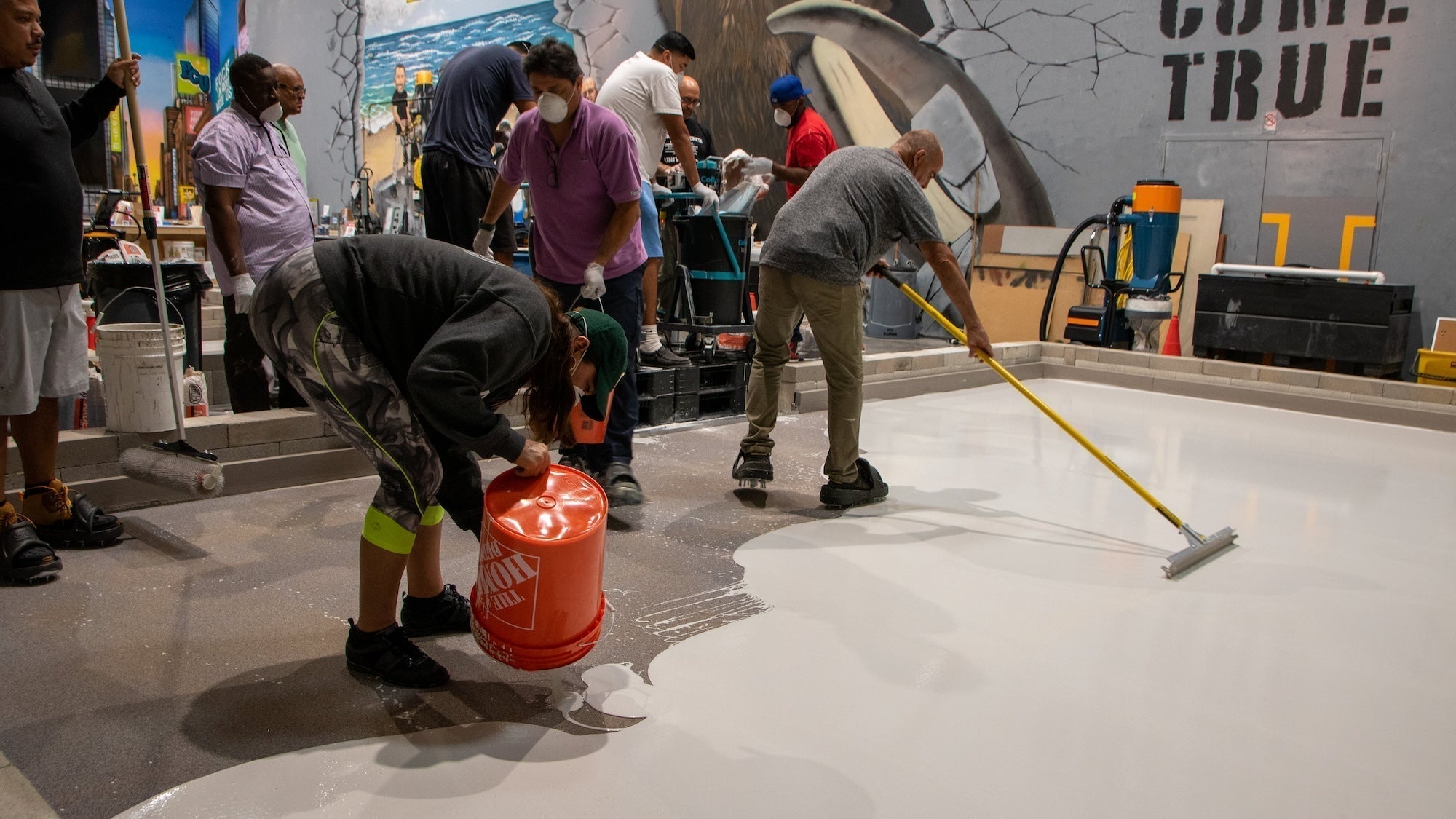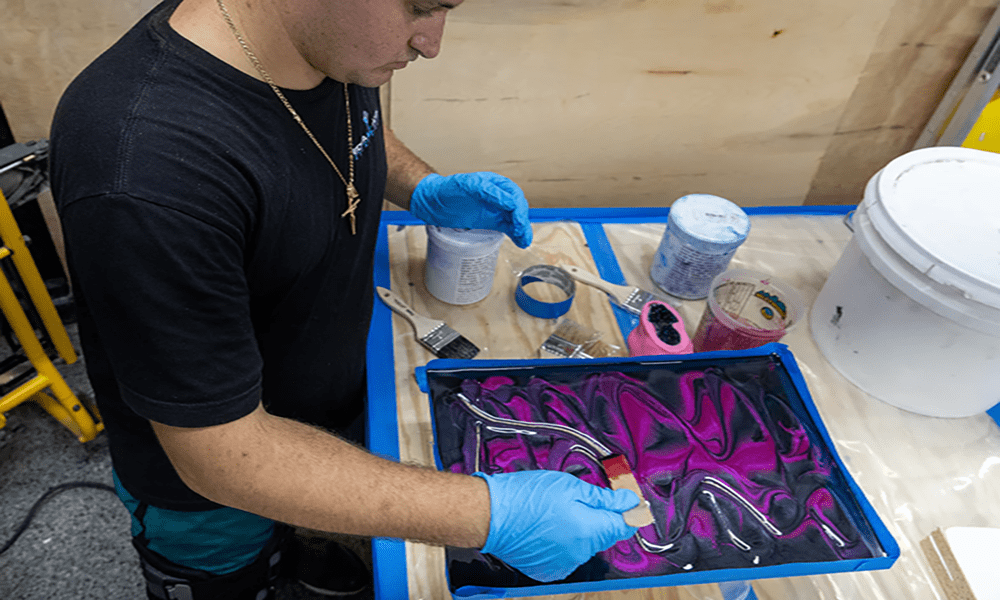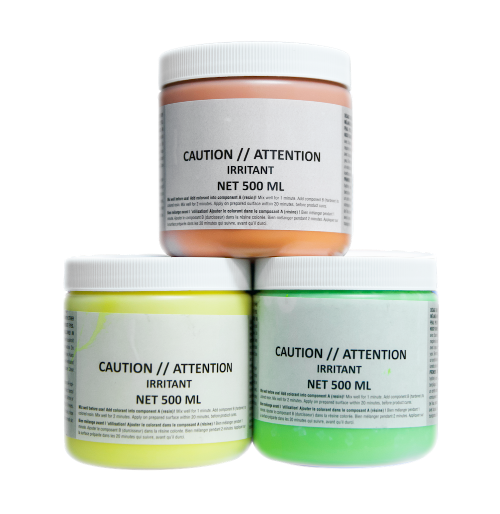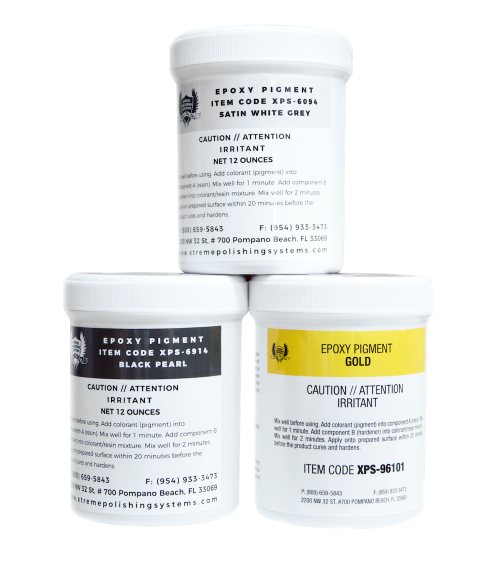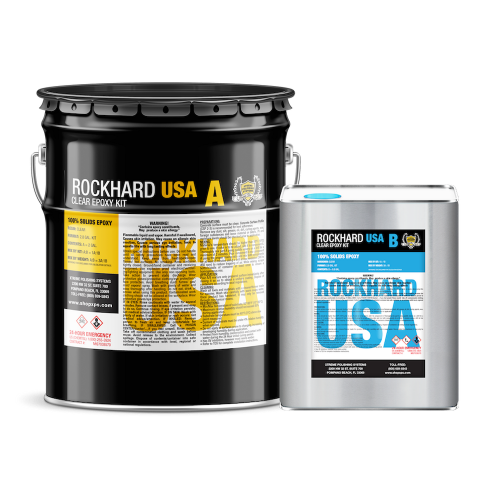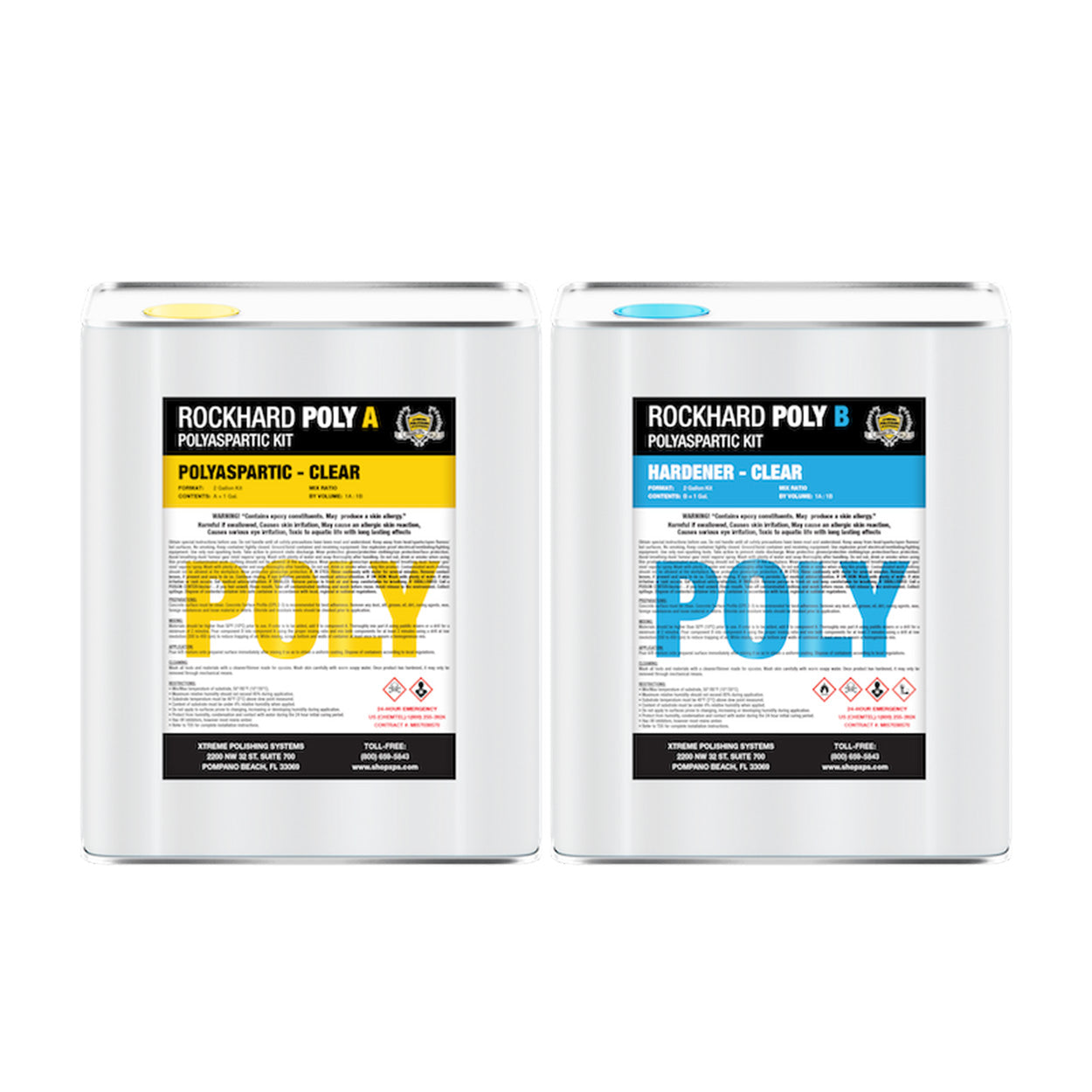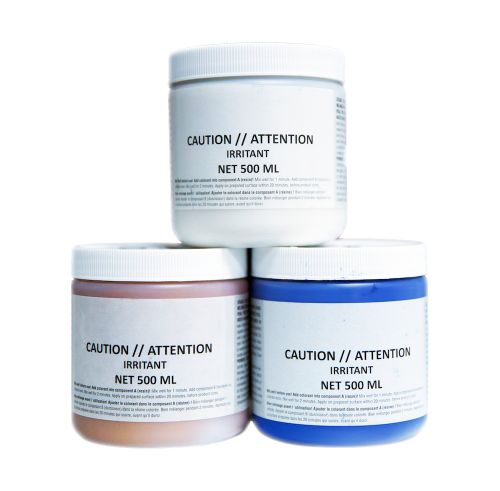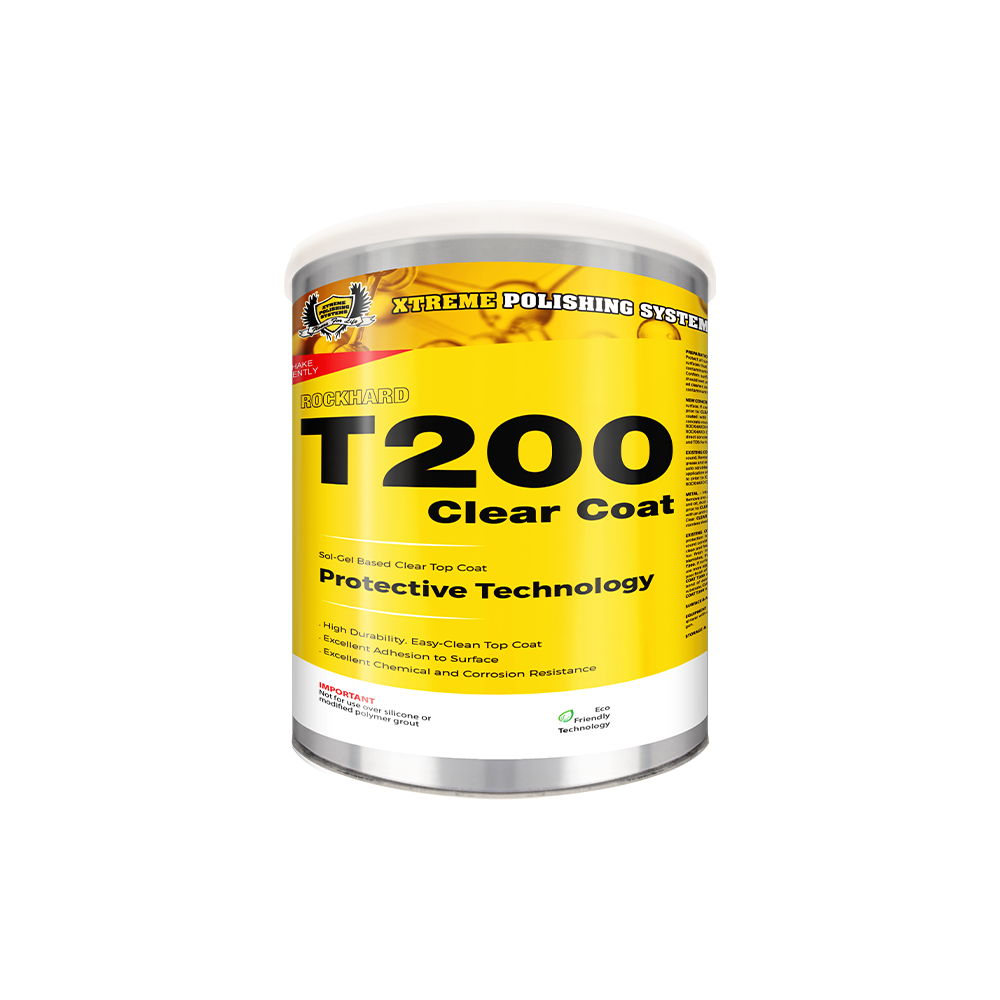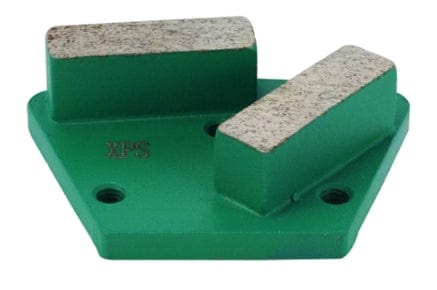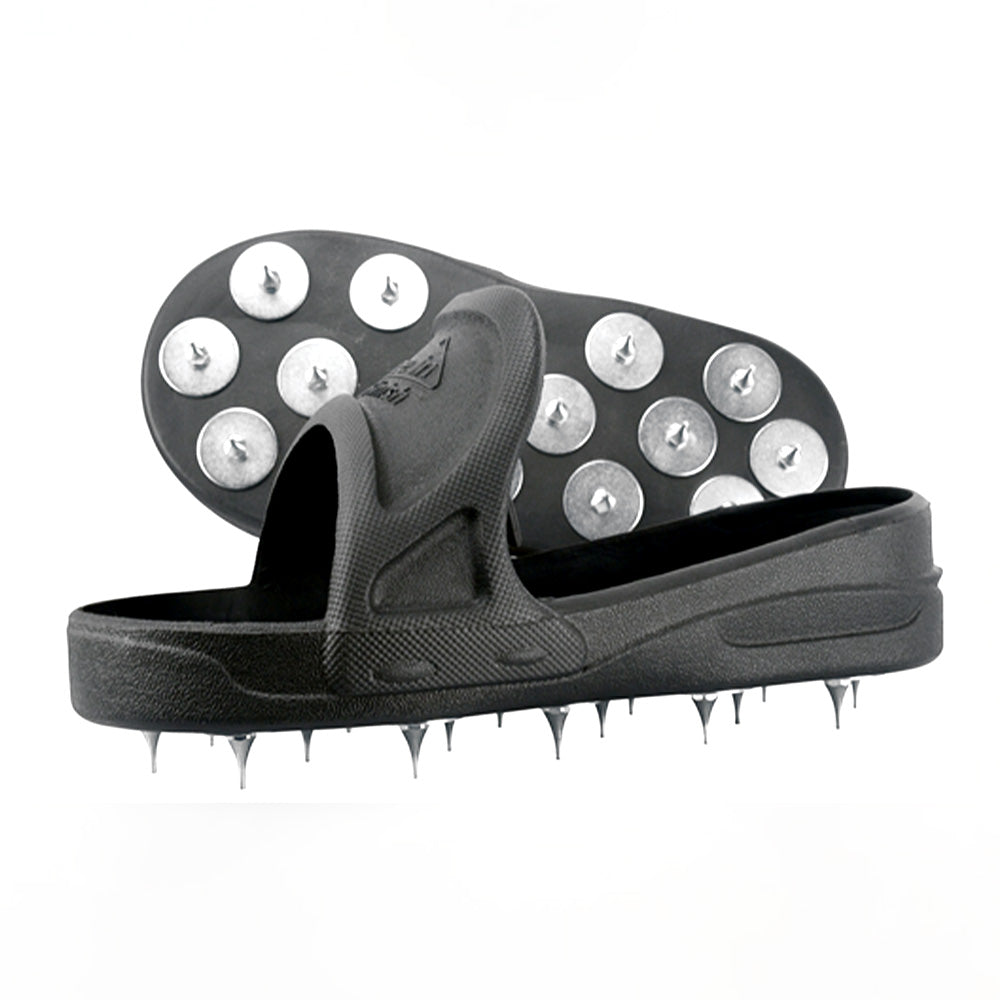Power Requirements for Concrete Grinding
First and foremost, it is important to take into account the power requirements for your grinder as well as other equipment on site. In general, the stronger the machine, the more power it requires to operate. Be sure to have the appropriate level of power and cable length on hand to ensure your equipment runs smoothly.
Various power options are available for concrete floor grinders, including electric and propane. The type of work you do determines which option is best for you.
Single-Phase Floor Grinders

A single-phase floor grinder is anywhere from 20-26 inches wide and operates on 110-220 volts. A smaller machine like this is ideal for grinding residential jobs, small spaces, mid-size jobs, or places that are difficult to access. One advantage of single-phase floor grinders is that they are easier to maneuver and keep the operator off their hands and knees, unlike the use of hand grinders. Additionally, these units are less expensive and use more readily available power sources.
Despite their usefulness, professional concrete contractors should consider a larger machine that provides better productivity when working on large-scale projects. If your are mostly doing residential work, a single phase system is the best choice.
Three-Phase Floor Grinders

A three-phase floor grinder typically measures 30 inches or more in diameter and operates at 220-480 volts. Power consumption is higher for these large and robust machines. Motors with three phases will cost more, but they produce more power, so they're worth it. Knowing if your job site has power and what connections are available is crucial. Depending on the requirements of your equipment, you may need to invest in a generator or work with an on-site electrician.
Additionally, these powerful machines cover a greater surface area in a shorter time period, which makes them an efficient choice for contractors working on large-scale projects. Three-phase grinding machines are ideal for prepping large commercial spaces like warehouses, retail centers, and garages.
Propane Floor Grinders
Compared to electrical floor grinders, propane-powered grinders do not require electricity or generators on the job site. Contractors can significantly reduce their costs and set-up time by utilizing this method. Large projects can also be done more easily with cordless equipment.
Propane equipment must be adequately ventilated with access to fresh air. Proper maintenance should be performed such as oil changes, valve adjustments, and air filter changes for the operator's safety. It is the operator's responsibility to ensure that emission levels are kept within a safe range at all times.
The use of propane floor grinders may be subject to regulations. As a result of the noise and exhaust they emit, propane is not allowed inside some buildings. Propane storage practices should always be followed according to OSHA guidelines.
Wet Versus Dry Concrete Floor Grinding
To sum things up, wet grinding and dry grinding are two different processes used to prepare a concrete floor with the use of a floor grinder machine. Ultimately, both methods achieve the same results. So what are the differences between the two, and which process should you use?
The Pros and Cons of Wet Grinding
Wet grinding PROS: Water is a defining characteristic of wet grinding. The water here is primarily used to cool down the diamond tooling and also to lubricate it to reduce friction. If this lubrication is not provided, excessive heat (from friction) will be generated, melting the surface coating and causing the tooling to glaze right over it. In this case, you don't want that to happen. The wet grinding process, therefore, extends the life of your diamond tools.
Furthermore, water reduces the amount of dust produced during grinding. Operators could inhale these particles, which could be harmful. A person who breathes dust containing Silica is at higher risk of developing respiratory diseases that cause scarring of the lungs. Because of this, wet grinding offers its advantages. When it comes to food and beverage facilities, or for facilities that require dust-free operations, wet grinding is an excellent choice.
While wet concrete grinding has many benefits, it also has some downsides. Here are a few to consider.
Wet grinding CONS: In the process of wet grinding, cooling water and concrete fines are combined to form a slurry. The process of cleaning the slurry is time-consuming, and properly disposing of it without harming the environment is a major challenge. In most cases, dry concrete grinding is much easier on the environment than wet concrete grinding. The drying time for concrete may also extend your job time if you are preparing a floor for a resinous coating.
The Pros and Cons of Dry Grinding

Dry grinding PROS: With dry grinding, the surface is ground and cleaned all together, resulting in a ready-to-polish surface. The dry grinding process no longer suffers from dust exposure thanks to technological advances in concrete grinding equipment. Several new models are equipped with dust extraction systems and filters to minimize dust exposure. Therefore, dry grinding has the advantage of filtering and collecting dust particles and doesn't produce a slurry afterward. Having no slurry means less time spent on cleaning up.
What to Consider When Choosing a Concrete Grinder
Choose A Supplier You Can Trust

- Trusted industry experts. Our team of experienced professionals is dedicated to your business's success and will guide you to the right products and procedures to ensure your success.
- YouTube demo videos. Get a glimpse of how the machine works before you buy with dozens of videos to choose from on our YouTube channel. Then you can be sure you're getting what you need.
- Equipment packages - Our ability to provide adequate machinery, tooling, and chemicals through our business package solutions helps contractors and DIYers worldwide meet the ever-changing industry needs. Our equipment packages provide the necessary products and resources guaranteed to help professionals grow and expand their businesses.
- Financing options are available. You don't have to worry about the cost of your new equipment! Getting the equipment you need, while maintaining your cash flow, is possible with our easy equipment financing options. Fill out the fast and easy application to get the financing you need. It's risk-free and won't hurt your credit.
- XPS is a one-stop shop. As a one-stop shop for all your business needs, XPS has locations throughout the United States and Europe. In addition to walk-behind concrete floor grinders, we also offer dust collectors, hand grinders, diamond tools, concrete chemicals, epoxy coatings, flooring supplies, and more. Check out our website for our abundant product selection.
- Hands-on training. Become an industry expert with our hands-on epoxy coating and concrete polishing classes. With Xtreme Polishing Systems training courses, you can learn everything you need to know about concrete surface preparation, floor repair, polishing, and epoxy flooring installation.
- Professional service and customer support. We offer a professional service technician team to repair and maintain your equipment. If you need to help troubleshoot your equipment while on a job site, our experts are just a phone call away.
